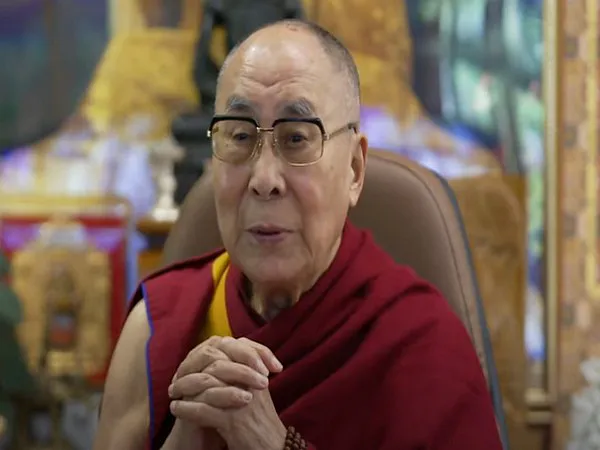Marco Respinti, Editor-in-Chief of International Family News, writing in Bitter Winter – a magazine on religious liberty and human rights said that the report is based on two previously unseen and important CCP policy documents. These documents were “obtained by skilled Tibetan researchers with contacts in PRC,” the report states, and “reveal that the Chinese government is making elaborate preparations for what it describes as the ‘post-Dalai era’, a Chinese term that has been adopted in order to convey China’s plans to capitalize on the passing of the Dalai Lama and to choose a successor.”
Recently Dalai Lama announced that he will not reincarnate to save Tibetan Buddhism from the Chinese Communist Party (CCP)’s attempt to interfere with the whole reincarnation system.
A new 30-page report on the subject confirms that possibility. It was released on October 4, 2022, at a side event of the 51st Session of the UN Human Rights Council, sponsored by the US, and co-sponsored by the UK, Canada, Czech Republic, and Lithuania, reported Bitter Winter.
Entitled “Tibet, the Dalai Lama, and the Geopolitics of Reincarnation”, it is published by the International Tibet Network (ITN) and the Tibet Justice Center, an independent Tibet group and a member of the ITN, both coordinators of the Tibet Advocacy Coalition, which includes ITN, Students for a Free Tibet, Tibet Initiative Deutschland and Tibetan Youth Association Europe.
Researchers document how the Chinese regime is “accelerating the imposition of elaborate plans to compel compliance on the Tibetan Buddhist practice of reincarnation as His Holiness the 14th Dalai Lama ages,” pushing its strategy to co-opt also this aspect of Tibetan culture in its machinery of repression against human rights and freedom of belief in Tibet.
The effect of this policy has worldwide importance and may subvert a whole set of international relations. The CCP is in fact trying to exploit the inevitable passing of the father of Tibet as a historic opportunity to end international support for Tibet, and this forever, said Respinti.
“China’s ‘Sinicization’ of Tibetan Buddhism and its interference in the reincarnation system,” the report notes, “has far-reaching implications and seeks to finally break and reshape Tibetan identity.
Sinicized Tibetan Buddhism aims to break the deep connection of Tibetan people with the Dalai Lama and involves a dystopian system of high-tech surveillance and policing monasteries and nunneries.
Thousands of monks and nuns have been expelled from religious institutes, and some have been subjected to extreme ‘patriotic’ ‘re-education’ campaigns involving torture and sexual abuse.”
Both papers raise the need for the CCP to build a public relations strategy focused around training China’s Panchen Lama to replace the ‘vanished idol’ (Gedhun Choekyi Nyima who was chosen by the Dalai Lama as the 11th Panchen Lama and was disappeared in 1995) […] and to use the situation to strengthen China’s position internationally beginning a ‘new era’ of control over Tibet.”
And “[t]he possibility of violence in Tibet when the Dalai Lama passes is also raised; however, this analysis ignores the reality that an outbreak of violence would likely be the result of China’s interference in the selection process and oppressive measures against Buddhism Tibetans overwhelmingly follow the Dalai Lama’s position on non-violence despite decades of harsh political crackdowns that criminalize even the mildest expression of loyalty to the exiled spiritual leader.”

